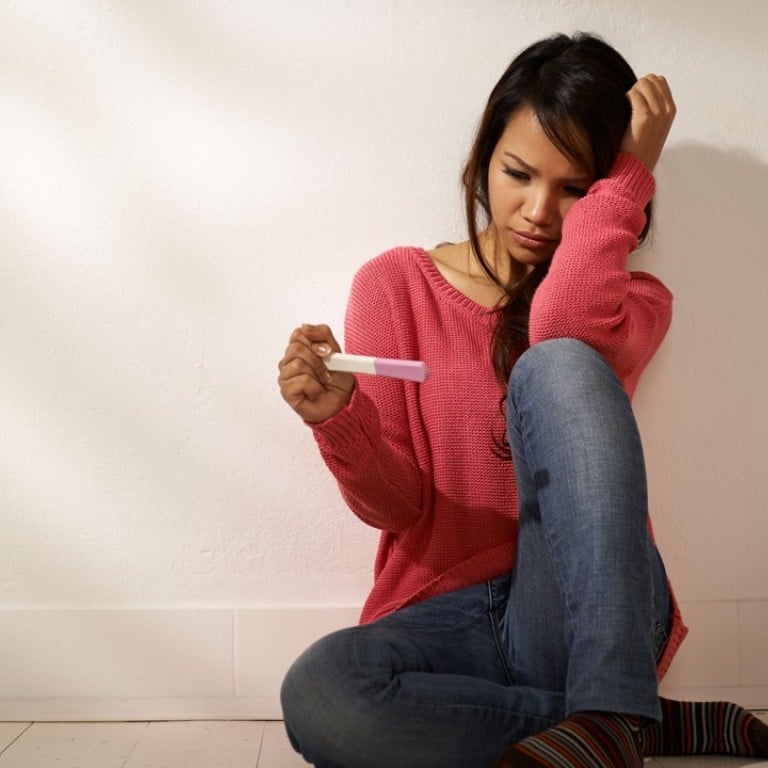
Why Hong Kong’s birth rate is falling, and how sub-fertile couples can conceive
Birth rates in East Asia are among the lowest in the world, and Hong Kong’s numbers are dropping. We talk to medical experts, couples who are undergoing treatment, and those who have succeeded or failed to have a baby
Hong Kong’s low birth rate has long been attributed to different factors: a low sex drive among couples, the city’s high cost of living, and women’s reluctance to start a family. And while many couples choose not to have children, there is a growing number who simply cannot conceive.
Anna Chan (not her real name) and her husband are among them. For more than two years they tried to start a family but without success. They were losing hope. Like many couples in Hong Kong, they put off starting a family for personal and financial reasons. A consultation with a doctor revealed the then 38-year-old teacher had polycystic ovary syndrome, a condition which affects ovulation.
Joan Cheung (not her real name) and her husband also sought medical help after 14 months of trying to conceive. She learned she had endometriosis, a condition in which the uterus lining grows outside the uterine cavity.
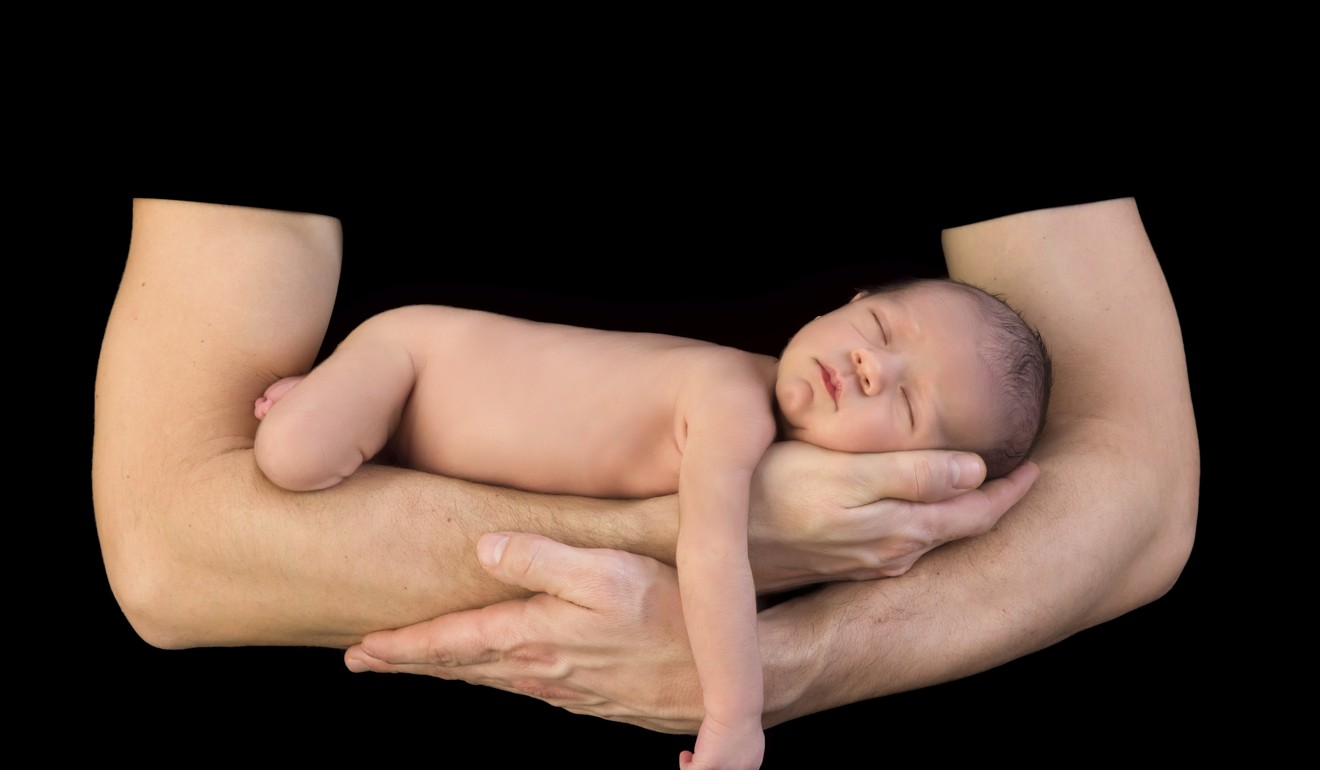
Infertility is a growing problem in Hong Kong. Dr Alice Wong Wai-yee, a specialist in obstetrics and gynaecology in Hong Kong, says one in six couples in the city suffers from infertility – a significantly increase from 20 years ago, when it was one in 10 couples. Data from the Council on Human Reproductive Technology also shows a more than 100 per cent increase in the number of couples receiving fertility treatment, from 4,968 in 2009 to 11,283 in 2015.

For Anna and her husband, this proved to be the case. She underwent IVI (in-vitro insemination), in which viable eggs were taken from her ovaries, fertilised in a laboratory, and resulting embryos transferred to her uterus.
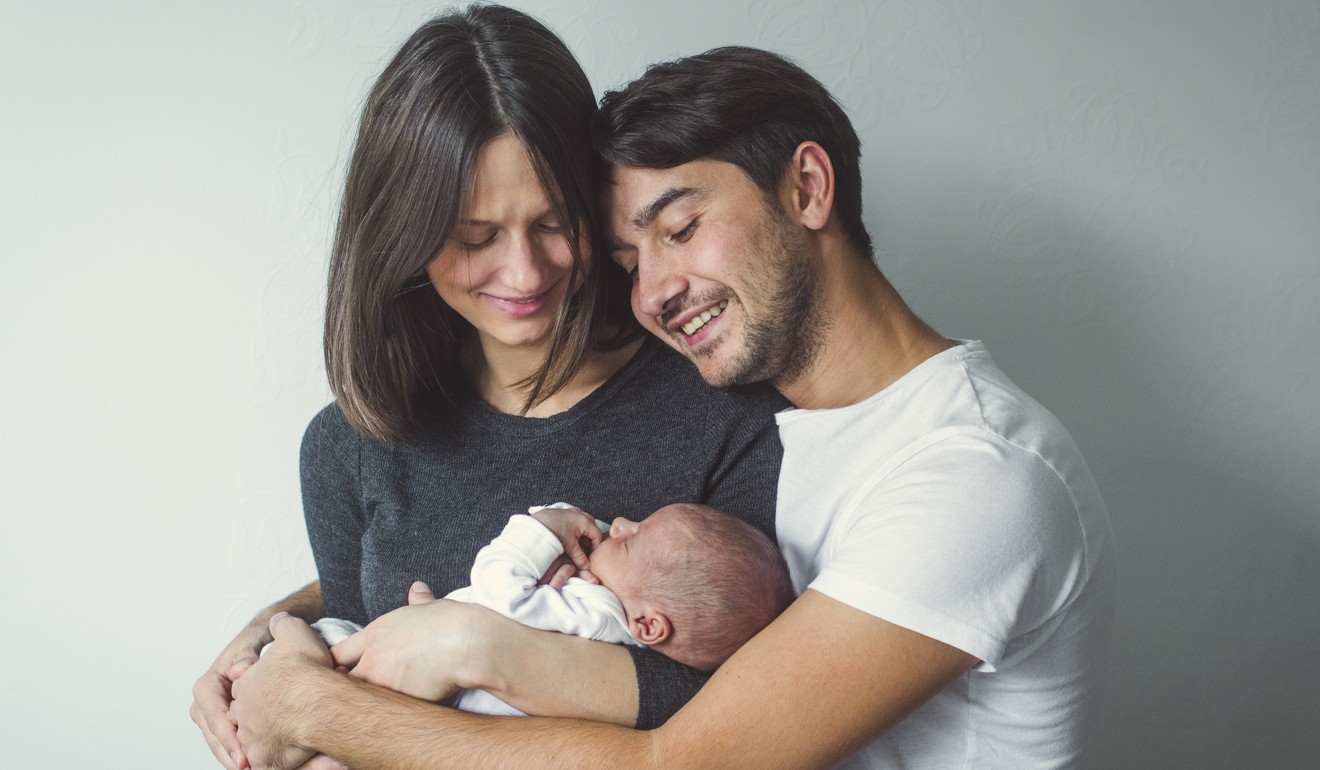
“It was an emotionally exhausting period for us,” she adds. “I cried a lot because I longed for a child of my own and couldn’t bear another disappointment. My husband and I had spent a lot of money on the fertility treatment and we prayed very hard for just one embryo to make it.”
Joan and her husband were not as lucky: inflammation from her condition created an unfavourable environment for fertilisation. “I’ve exhausted all my options to fall pregnant. Having tried for a baby for some years now with no success, my husband and I have resigned ourselves to the likelihood that we’ll never have kids of our own.”
“We use the term ‘unexplained’ when doctors have assessed the couple but still can’t pinpoint the reasons they can’t conceive,” Dr Ong says.
Age is one of the main reasons why women have difficulty conceiving. “As a woman’s age increases, her ability to become pregnant to term decreases,” Dr Wong explains. “Between the ages of 30 and 35, a woman’s chances of falling pregnant gradually decline and after age 40 there is a sharp decline.” With age, there is a progressive decrease in ovary reserves and the quality of a woman’s eggs.
Other reasons for sub-fertility in women include failure to ovulate, fallopian tube blockage which prohibits fertilisation, or problems with the uterus.

A recent study at Justus Liebig University Giessen in Germany also found urogenital infections to be a possible cause of irreversible infertility in males. Caused by sexually transmitted pathogens (bacteria, viruses or other microorganism that can cause disease) or uropathogens (a microorganism capable of causing disease of the urinary tract), these infections were found to affect a man’s testes as well as his sperm count.
“The results of this study are not surprising,” says Dr Ong. “Urogenital infection is common in males in Hong Kong, however the Department of Health has not been able to come to a consensus about the effectiveness of screening for such infections. If you’re concerned that you have a urogenital infection and wonder how this might affect your fertility, you can walk into any Social Hygiene Clinic to get tested and treated for it.”

How long should a couple try for a baby before becoming concerned about your ability to fall pregnant? “A couple is considered sub-fertile if they still haven’t conceived after about a year of having frequent unprotected sex,” says Dr Ong. “If the woman is aged 35 and over, she and her partner should try for six months.” Dr Wong adds that a woman over the age of 40 who has tried to fall pregnant for six months should see her gynaecologist as soon as possible. Any delay may lower the chances of any fertility treatment being successful.
If either partner has a condition that may affect the ability to start a family, such as a previous ectopic pregnancy or surgery, they should seek medical advice. Such risk factors for sub-fertility must be identified, Dr Ong points out. “It doesn’t mean that there’s no hope for you and your partner to have a baby, but it’s wise to get medical help beforehand.”
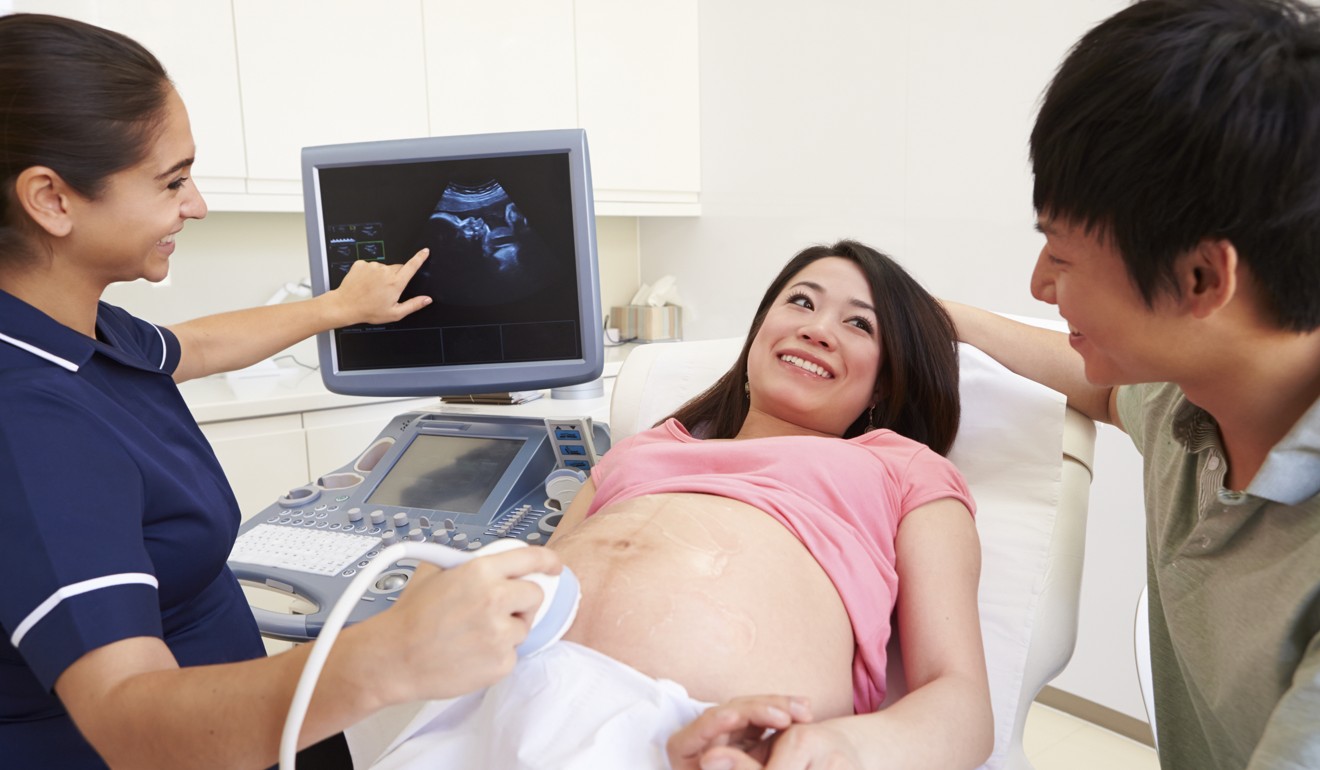
Two common treatments are IUI (intra-uterine insemination) and IVI. In IUI, a catheter is used to insert sperm into a woman’s uterus to facilitate fertilisation, and is sometimes combined with fertility drugs. It may be prescribed if the man has a low sperm count, decreased sperm mobility, or suffers from ejaculation dysfunction, or if the woman has a condition that impedes her partner’s sperm from entering her uterus. Dr Ong says for this procedure, it is preferable for both fallopian tubes to be unblocked, although if only one tube is blocked, the procedure can still work.
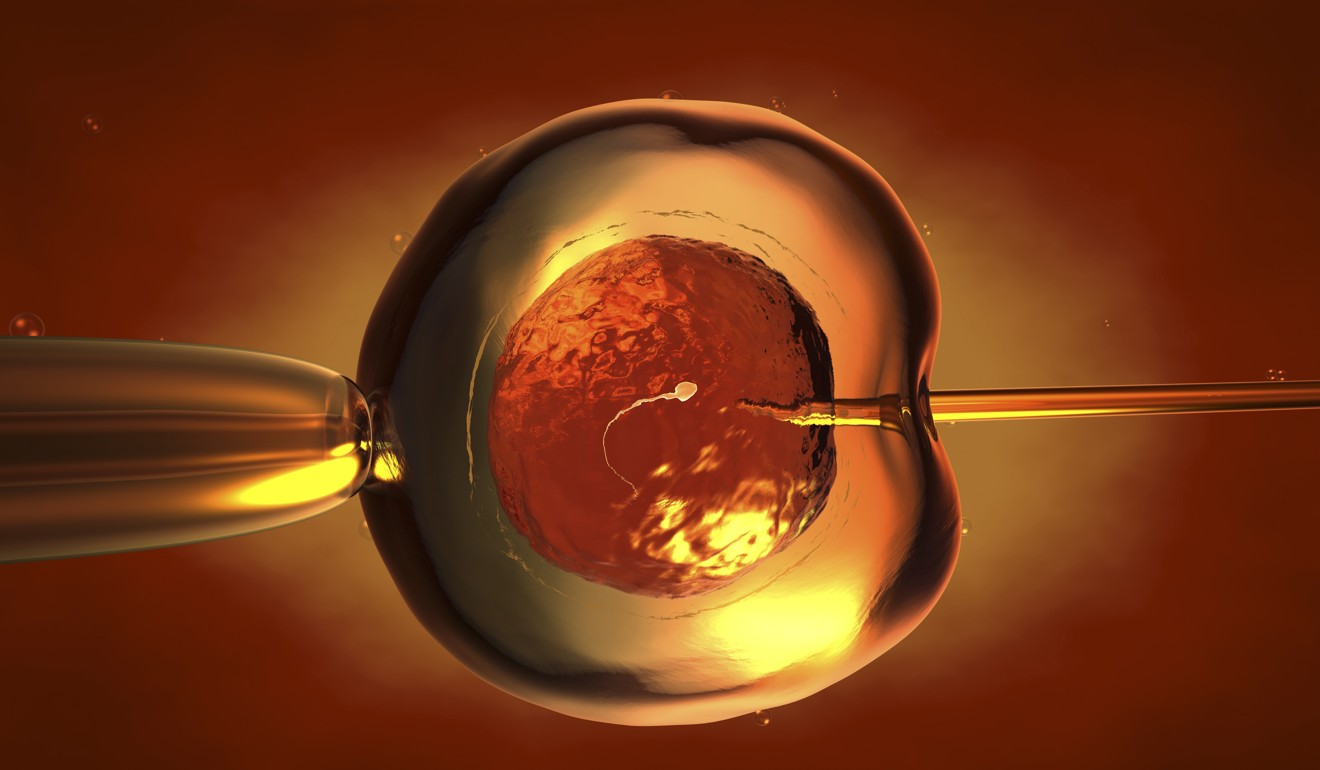
Regardless of whether a couple is at risk of sub-fertility, there are straightforward steps to take when trying to conceive. Dr Wong advises both partners to stop consuming alcohol and stop smoking completely, learn how to manage emotional stress, keep their weight under control, exercise regularly, get at least seven hours sleep every night, and eat a healthy diet of foods that are high in antioxidants.
Women should take a folic acid supplement – Dr Wong recommends 400mcg daily, while men should avoid wearing tight underwear, as this may increase the temperature of the scrotum, inhibiting sperm production.
“Women should also monitor their cycle and be aware of when they are ovulating,” Dr Ong adds. “Having regular, unscheduled sex can also help. Regular may mean twice or thrice a week, or more frequently, like every other day.”

